You know, I've been away for some time now, but one thing that has stopped me from updating this journal has been the anticipatory dread I've experienced, knowing that the next album up for review is not only a Zappa, but a
double Zappa! I've just kept avoiding it. But some things don't go away, and if I want to ever get this back on track, I'm gonna have to man up and face my demons. So go on, Frank, I'm ready: do your worst!
 Album title: Uncle Meat
Artiste:
Album title: Uncle Meat
Artiste: Frank Zappa
Nationality: American
Label: Bizarre/Reprise
Year: 1969
Grade: B
Previous Experience of this Artiste: Note: once I've done an artiste once already I'm going to omit this category, as I've already revealed my experience of the artiste in the first one, and there's no point repeating myself. I'll repeat that: there's no point in repeating myself.
The Trollheart Factor: 2
Landmark value: Seems the album was highly praised for its innovation in recording techniques, overdubs and mastering. Also one of the earlier prog or proto-prog albums to follow a science-fiction storyline, to say nothing of being, apparently, the soundtrack to a movie that never got made. According to the man:
"It's all one album. All the material in the albums is organically related and if I had all the master tapes and I could take a razor blade and cut them apart and put it together again in a different order it still would make one piece of music you can listen to. Then I could take that razor blade and cut it apart and reassemble it a different way, and it still would make sense. I could do this twenty ways. The material is definitely related.” If you say so, Frankie.
Track Listing: Uncle Meat: Main title theme/ The voice of cheese/ Nine types of industrial pollution/ Zolar Czakl/ Dog breath, in the year of the plague/ The legend of the golden arches/ Louie Louie/ The Dogbreath variations/ Sleeping in a jar/ Our bizarre relationship/ The Uncle Meat variations/ Electric Aunt Jemima/ Prelude to King Kong/ God bless America/ A pound for a brown on the bus/ Ian Underwood whips it out / Mr Green Genes/ We can shoot you/ If we'd all been living in California.../ The air/ Project X/ Cruising for burgers/ King Kong itself (as played by The Mothers in a studio)/ King Kong (Its magnificence as interpreted by Dom DeWild)/ King Kong (as Motorhead explains it) / King Kong (The Gardner varieties)/ King Kong (As played by 3 deranged Good Humor trucks)/ King Kong (Live on a flat bed diesel in the middle of a race track at Miami Pop Festival ... the Underwood ramifications)
Comments: Jesus on a pogo stick! Even writing out the track listing has exhausted me! And I haven't even begun listening to the music yet! How is it that side four is taken up with
six (count 'em) versions of the one song? Oh yeah, I forgot: it's Zappa!

Well, let's sidle up to the door and push it gingerly open with this ten-foot bargepole I just happen to have ....
Interesting kind of sound, sort of xylophone-y, not too bad at all, quite quick and while not frenetic very bouncy. I see there
is a xylophone credited, so maybe that's exactly what it is. Who knows? Some typical Zappa weirdness at the end, just in case we forgot who we were listening to, then “The voice of Cheese” introduces us to, apparently, a major recurring character in Zappaland, Suzy Creamcheese, but she's just talking and I couldn't care less. Instrumental mayhem then for “Nine types of industrial pollution”, which to be fair is mostly run on guitar, could be classical, maybe, not sure. Very expressive. Percussion is a bit haphazard, I'm sure it's meant to be. Quite distracting though. Six minutes of this. Could be worse I guess. Actually most of the tracks (and there are a total of twenty-eight of them) are short, many under a minute or just over, so thank god for small mercies. Not too bad so far though I must admit. I'm sure it'll get much weirder soon enough.
One of those short tracks is up next, less than a minute and very close to something Waits would later develop, with a little hint of echoes from the future on Genesis's “The colony of slippermen” before it's into a kind of slow soul/jazzy groove with salsa or some sort of Latin American overtones for “Dog breath, in the year of the plague”, another almost six-minuter, and the first so far with lyrics. Operatic singing, Mariachi, semi-Beach Boys, it's all there. “The legend of the golden arches” sounds kind of like a carnival, pretty upbeat and again you can see where Waits would get his ideas for instrumentals like “Dave the Butcher”. This is an instrumental too, apart from another spoken bit by I guess Suzy. Live now for “Louie Louie”, which seems to be just some sort of idea of the lads larking about with a tuba. Yeah. “The dogbreath variations” closes out side one, nice strummed acoustic guitar and some warbly keyboard. Not bad. Not bad at all. More xylo too, which is pretty cool. Even get a kind of solo from the thing. Never heard that before.
Side two opens on “Sleeping in a jar”, another piece which runs for less than a minute and is quite nice with a sort of almost proggish feel to it, maybe the first time I've heard Z do prog or come close enough that I could recognise it as such. Suzy's back (she's really starting to annoy me I must say) and talking her way through the next track, which takes us on to “The Uncle Meat variations”, which really must have had Waits scribbling feverishly as he listened. Another instrumental, I think? Some nice accordion and organ with maybe vibes or that xylo again. I like this I must say. Oh wait, some sort of Japanese singing or something is cutting in, kind of ruining it for me. Well, I can't say I'm surprised; the big Z seems to hate being in one groove for anything more than a few minutes. Good guitar solo kind of makes up for it though. “Electric Aunt Jemima” is some sort of Everly Brothers style ballad, with suitably silly voices, while “Prelude to King Kong” is probably well named, as, as I mentioned, there are no less than SIX versions of the song on the album, and in fact they all take up the fourth side. This one is like some sort of polka or something, dashing along on horns and muted percussion, sort of like a military charge.
We're live again next for the patriotic “God bless America”, possibly played on the kazoo, with much enthusiastic if not rhythmic banging on drums, followed by a short little instrumental and then the interestingly-titled “Ian Underwood whips it out”. Indeed. Starts off with a spoken introduction by the man in the title, explaining how he joined The Mothers, then an annoyingly jazzesque screech on the sax I guess it is. This, to my not inconsiderable horror, goes on for just over five minutes. And so side two ends, and we're halfway there. Sanity check. Seem still to be able to interact with the world at large. Not so bad.
Side three opens with “Mr Green Genes”, slow kind of marching tune on tuba I think with more vocals, not just talking this time. Not bad, even if the lyric is silly. Nice organ line underpinning the tune. Xylophone takes us into “We can shoot you”, a lot of random percussion effects, also flute, slide whistle, you name it. Another round of talking then (seems like the band arguing with the Big Z about how little they're working and getting paid) then another fifties doo-wop style ballad for “The Air” before we head into “Project X”, pretty spacey, quite
Twilight Zone-ish, very weird. Need I add it too is an instrumental? It, too, is an instrumental. Finally, “Cruising for burgers” takes us to the end of side three, with what at first fools me into thinking he's singing a cover of “White Christmas” but quickly settles (!) into a cross between a soft ballad and some pretty wild, off-base drumming, making the whole thing very hard on my aged ears. At least it's short.
Side four, as I mentioned, is six versions of the song “King Kong”, and as they all have ridiculously long and nonsensical subtitles I ain't gonna write them all out again, refer to the track listing if you need to. Here, they're just gonna be numbered. So, “King Kong I” is a mere fifty-odd seconds long and is a nifty little instrumental which in particular gives the bass a chance to shine, with some really nice organ. Quite funky. Brother. KKII is also short, seguing directly in from the previous track, and not surprisingly the very same melody, though the sax or trumpet seems to have taken over here. Bit too much of that oft-feared subgenre for me, freeform jazz. Yuck. KK III is ... already halfway through. Didn't hear the changeover, I must admit, and it's not that surprising as they're very similar, almost identical. And now we're into KK IV, which again has just transitioned over without any change or gap. This one however is over six minutes long. Don't see the point in all this, I have to admit. Still, nearly there. The final part is seven minutes though! Before that there's a brief few seconds of KK V (apparently supposed to be ice cream vans. Hmm) before we end on KK VI, not only the longest of the sextet but the longest track on the album at almost seven and a half minutes. I can see the finish line though. Just hold out for another four hundred-odd seconds and we're done. Okay, this version is possibly the most coherent of them all, sort of marching beat with nice organ and even the wild horns don't scare me off. That much.
Favourite track(s): Uncle Meat: Main title theme, Dogbreath, in the year of the plague, The legend of the golden arches, Dogbreath variations, Sleeping in a jar, Mr Green Genes, The Air
Least favourite track(s): Pretty much everything else, especially the spoken word ones and doubly so for any with Suzy fu
cking Creamcheese on them.
Overall impression: Weird yes, but perhaps not as consistently weird as I had feared. Some nice, even accessible tracks amid all the insanity. Certainly individual: no way this could be anyone other than Zappa, or maybe his protege, Beefheart. Not something I would listen to again for pleasure though. Hey, at least it's not
TMR! Not looking forward to revisiting
that!
Personal Rating:  Legacy Rating:
Legacy Rating:  Final Rating:
Final Rating: 




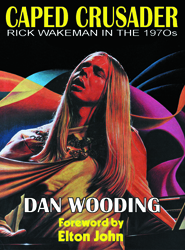

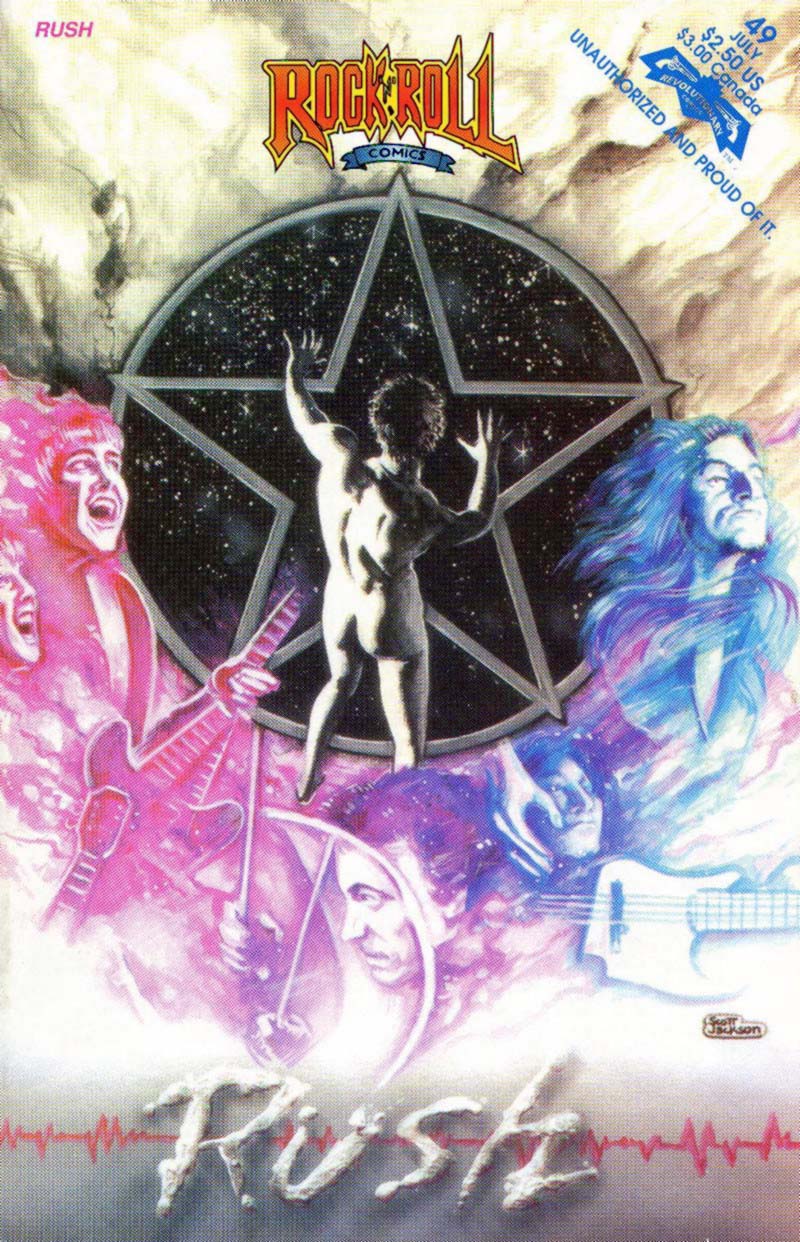


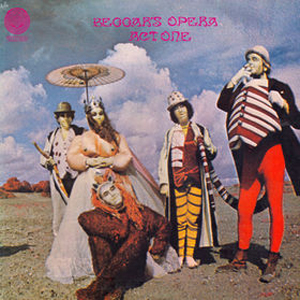



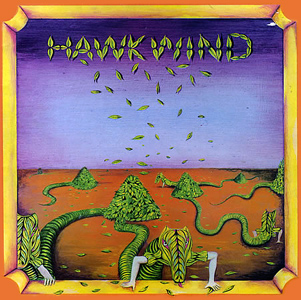
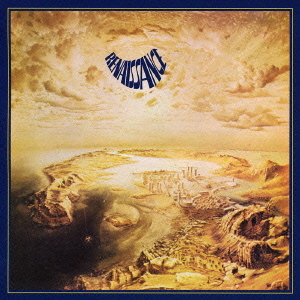
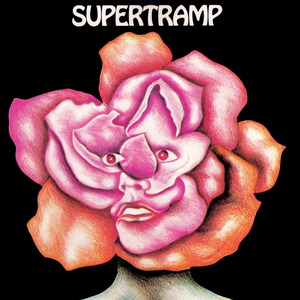
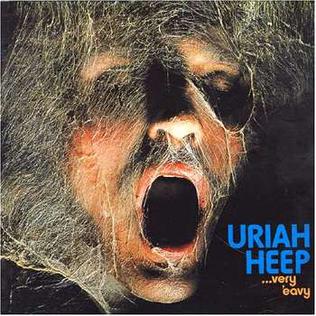



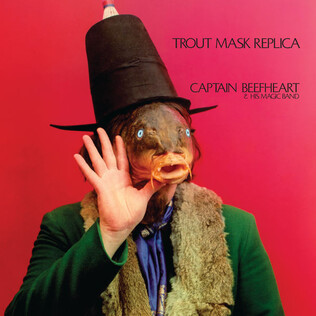




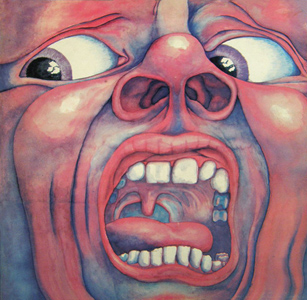






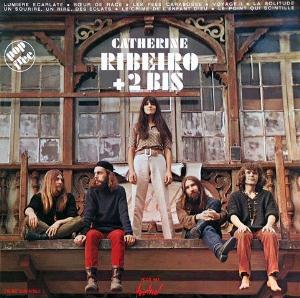
:format(jpeg):mode_rgb():quality(40)/discogs-images/R-1145348-1199703772.jpeg.jpg)

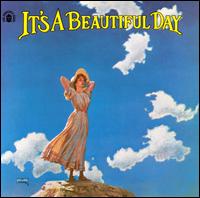



 Well, let's sidle up to the door and push it gingerly open with this ten-foot bargepole I just happen to have ....
Well, let's sidle up to the door and push it gingerly open with this ten-foot bargepole I just happen to have ....
:format(jpeg):mode_rgb():quality(40)/discogs-images/R-8404439-1460947082-6258.jpeg.jpg)



 Hybrid Mode
Hybrid Mode